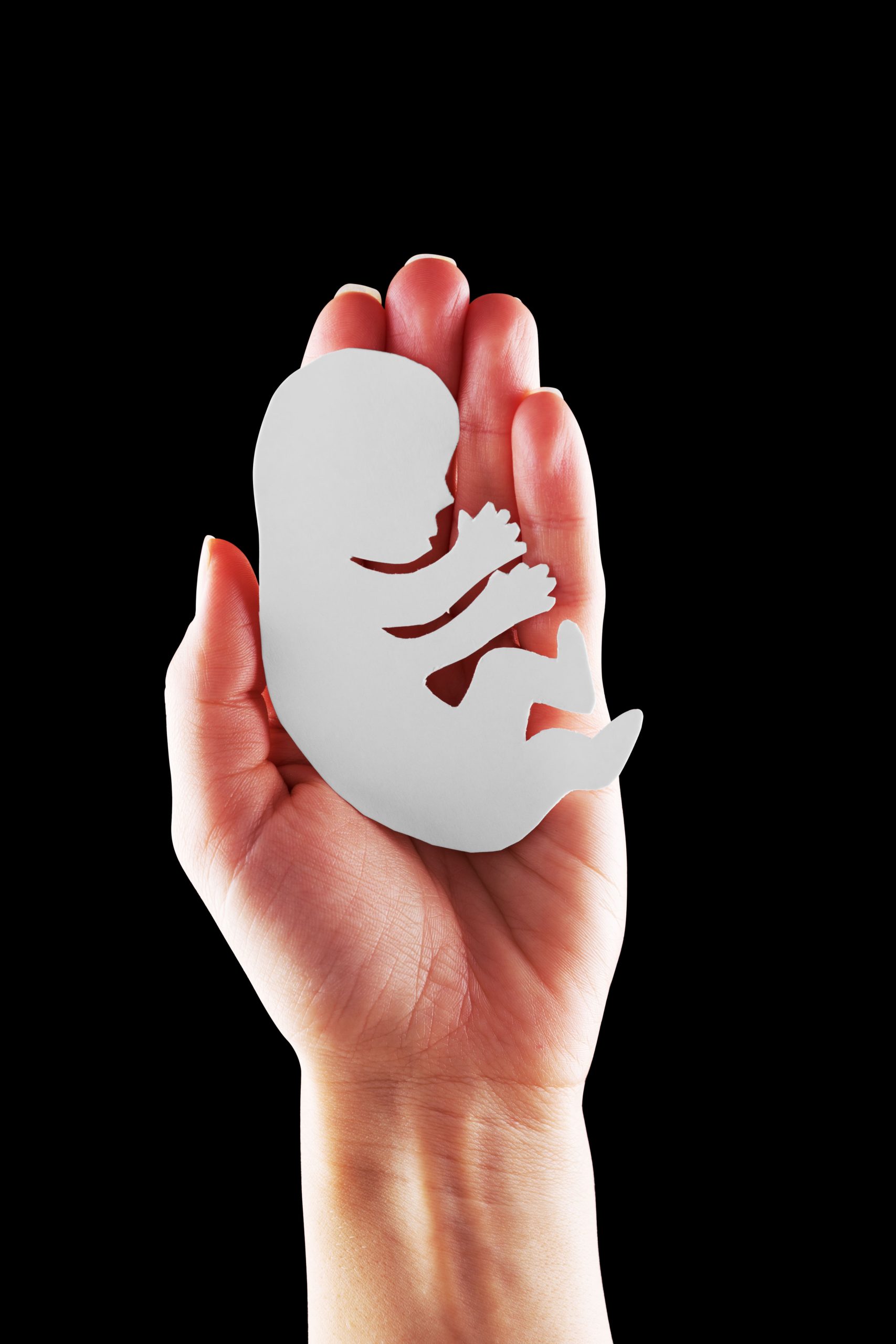The Impact of Age on Fertility Health

Age is a key factor that impacts fertility health in both men and women. As individuals grow older, their reproductive capacity declines, leading to various challenges in conceiving. Understanding how age affects fertility helps couples make informed decisions and seek the right treatments at the appropriate time.
How Age Affects Female Fertility
Female fertility begins to decline in the late twenties, with a sharper decline after age 35. The number of eggs in a woman’s ovaries decreases over time, and egg quality diminishes as well. Here’s how age impacts fertility in women:
-
Decline in Egg Quality
With age, the quality of eggs reduces. This affects the chance of conceiving and increases the likelihood of chromosomal abnormalities. These abnormalities can lead to higher rates of miscarriage or health complications in pregnancies. -
Reduction in Egg Quantity
Women are born with a finite number of eggs, which decrease with each menstrual cycle. By the age of 35, the egg reserve becomes significantly lower. This reduction in quantity, combined with declining egg quality, reduces the chances of successful conception as women age. -
Higher Risk of Pregnancy Complications
As women grow older, they have a higher risk of developing complications during pregnancy, such as gestational diabetes and high blood pressure.
How Age Affects Male Fertility
While the impact of age on male fertility is less immediate than in women, men also experience declines in fertility as they age. The production and quality of sperm begin to decrease around age 40. Here’s how aging affects male fertility:
-
Decrease in Sperm Quality
Sperm quality diminishes with age. Older men are more likely to produce sperm with DNA fragmentation, which can lead to difficulties in conceiving and an increased risk of genetic abnormalities in the offspring. -
Low Sperm Count
Men may experience low sperm count with age, which reduces the likelihood of fertilizing an egg. Lifestyle factors such as poor diet, lack of exercise, and exposure to environmental toxins can exacerbate the decline in sperm count as men age. -
Risk of Genetic Mutations
Older men are more likely to pass on genetic mutations to their children. This can increase the risk of disorders in the offspring, such as autism and schizophrenia. Research has shown that advanced paternal age is associated with a higher risk of genetic mutations in sperm.
Fertility Treatments for Age-Related Fertility Decline
For couples facing age-related fertility challenges, there are several treatment options available to support conception.
1. In Vitro Fertilization (IVF)
IVF is a common treatment for women over 35 who face difficulties conceiving naturally. During IVF, eggs are fertilized outside the body and then implanted into the uterus. Seeking treatment from the best IVF center in Lahore Pakistan can provide couples with the expertise and resources to maximize their chances of success. Advanced techniques such as preimplantation genetic testing (PGT) can also improve outcomes by selecting the healthiest embryos for implantation.
2. Azoospermia Treatment
Azoospermia is a condition in men where there is no sperm present in the semen. While this can be age-related or due to other medical conditions, there are treatments available to support fertility. Azoospermia treatment may involve surgical procedures to retrieve sperm directly from the testicles, which can then be used in IVF or intracytoplasmic sperm injection (ICSI) to fertilize an egg.
3. Lifestyle Modifications
Maintaining a healthy lifestyle is crucial to support fertility. For both men and women, adopting a balanced diet, avoiding smoking, limiting alcohol intake, and staying physically active can help optimize reproductive health. These changes can boost egg and sperm quality, even as age progresses. Regular check-ups with a healthcare provider can help monitor fertility health and address any issues early on.
Importance of Early Intervention and Regular Health Check-Ups
The sooner couples address fertility concerns, the more options they have for successful conception. Early intervention allows for:
-
Identification of Underlying Issues: Regular health check-ups can help detect conditions like low sperm count or declining egg reserve early. Addressing these issues promptly increases the chances of successful conception.
-
Treatment Planning: For older couples, having a treatment plan in place can make a significant difference in achieving pregnancy. Fertility experts at reputable clinics can offer personalized plans based on age, health, and individual needs.
-
Better Pregnancy Outcomes: Early intervention improves not only the chances of conception but also the likelihood of a healthy pregnancy. Medical support can help reduce the risks associated with advanced maternal and paternal age, ensuring a smoother journey to parenthood.
Conclusion
Age undeniably impacts fertility, but with the right approach, couples can overcome many of the challenges it presents. Understanding the effects of age on both male and female fertility can help individuals make timely decisions, seek treatments, and adopt supportive lifestyle changes. From specialized interventions like azoospermia treatment and IVF to holistic approaches, there are various ways to enhance fertility health despite the effects of aging.





